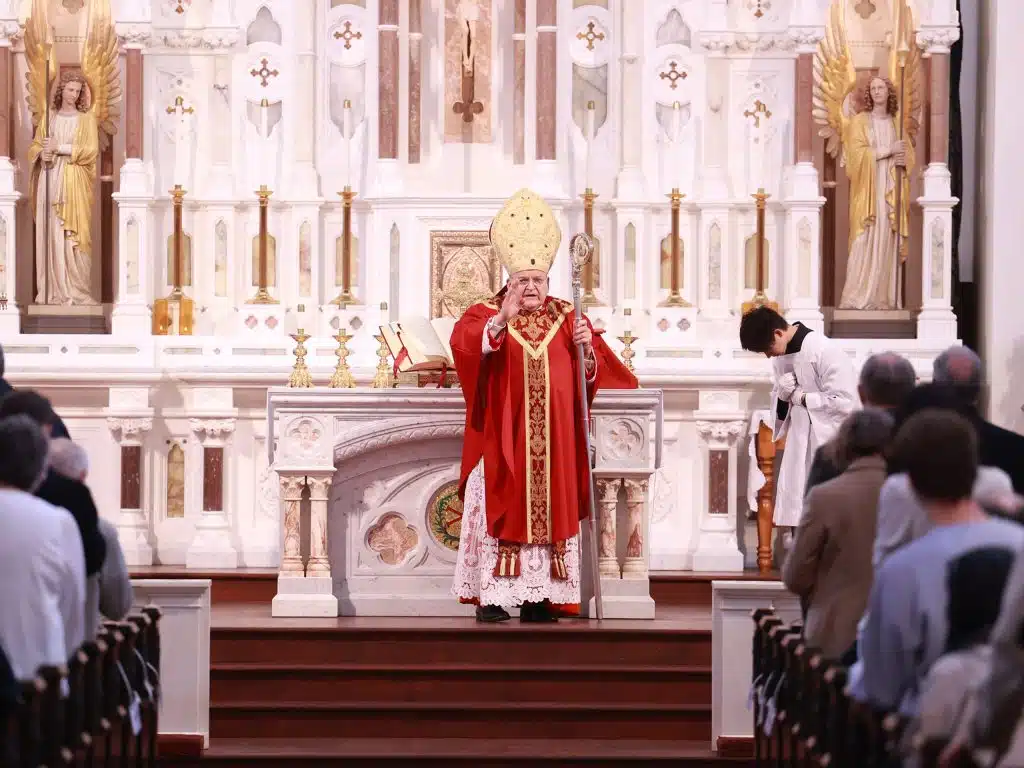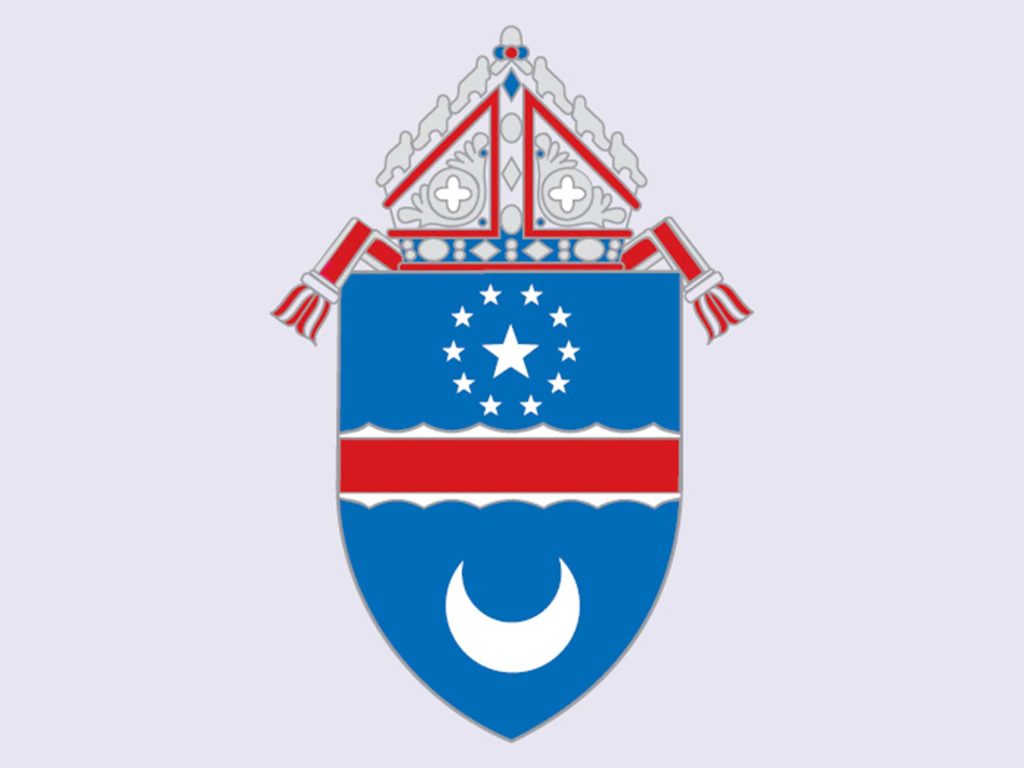Fall has arrived. A heavy fog hangs over the city like a damp blanket that someone took out of the dryer too soon.
People love spring for good reasons: There’s rebirth, renewal, the return of light and warmth.
But fall has its gifts. We look forward to hunkering with a good book. Mornings on the patio yield to hot coffee inside after the early morning walk.
We lean toward contemplation, and that’s a good thing. Flowers fade, leaves fall, we think about the end of things, and remind ourselves that, for the believer, endings are temporary.
Father Karl Rahner, the Jesuit theologian, said that we eventually learn “that here, in this life, all symphonies remain unfinished.”
I find those words immensely consoling. The older I get, the more I realize that life doesn’t work out in the perfect and idealistic way I once envisioned. It doesn’t work out that way in my life, nor for this weary world in which we struggle.
As we age, the path ahead narrows. There are fewer roads from which to choose, and the “roads not taken” sometimes haunt us. In our youth, perhaps we’d hoped we’d have everything wrapped up by now. Not so.
Thinking of symphonies reminds me of my mom, who loved music and was always singing around the house or in the car. She grew up in the Depression, and came of age in World War II. She loved to dance and knew all the old songs.
When she died, we chose the hymn, “How Can I Keep From Singing?” for her funeral. Mom’s life went on in “endless song,” and I think she heard the “far-off hymn that hails a new creation.”
That hymn was unfinished, however, and I think its melody rises above what St. Paul, in Romans 8, describes as creation groaning as if in childbirth. My mom’s melody lingers in our hearts, and creation continues to groan, awaiting birth.
Another Jesuit, Father Pierre Teilhard de Chardin, expressed sentiments similar to Father Rahner’s when he said, “Give Our Lord the benefit of believing that his hand is leading you, and accept the anxiety of feeling yourself in suspense and incomplete.”
There it is again, incompleteness, unfinished business that will remain that way even as we take our final breath. These men are telling us: Do not fear lack of a resolution. Don’t think it’s all up to you. Trust God.
Years ago, I attended a discussion on depression and anxiety, led by a priest who himself had experienced deep depression. While sharing, one of the men attending said something that stayed with me.
In speaking of anxiety — perhaps the anxiety of which Father de Chardin speaks — this young man said he grappled in life with “the Woulda, Coulda, Shoulda Brothers.” These “brothers” taunted his psyche with their relentless suggestions that his choices were wrong, that he should have done something else, could have made a better decision, would have been more successful on another road.
Father de Chardin suggests we need to give the Lord the benefit of believing He’s leading us. If we make a mistake, God has a new plan for us.
Inevitably we ask, “Am I making a difference? Am I on the right path?” We place trust in God’s hand leading us, and move into the contemplation to which fall beckons.
History is full of unfinished symphonies, of people whose lives, however well-intentioned, didn’t accomplish what they’d hoped. In the end, it’s about finding a place with God and accepting our incompleteness in a world still groaning for the birth of justice.
Caldarola is a freelance writer from Anchorage, Alaska.


